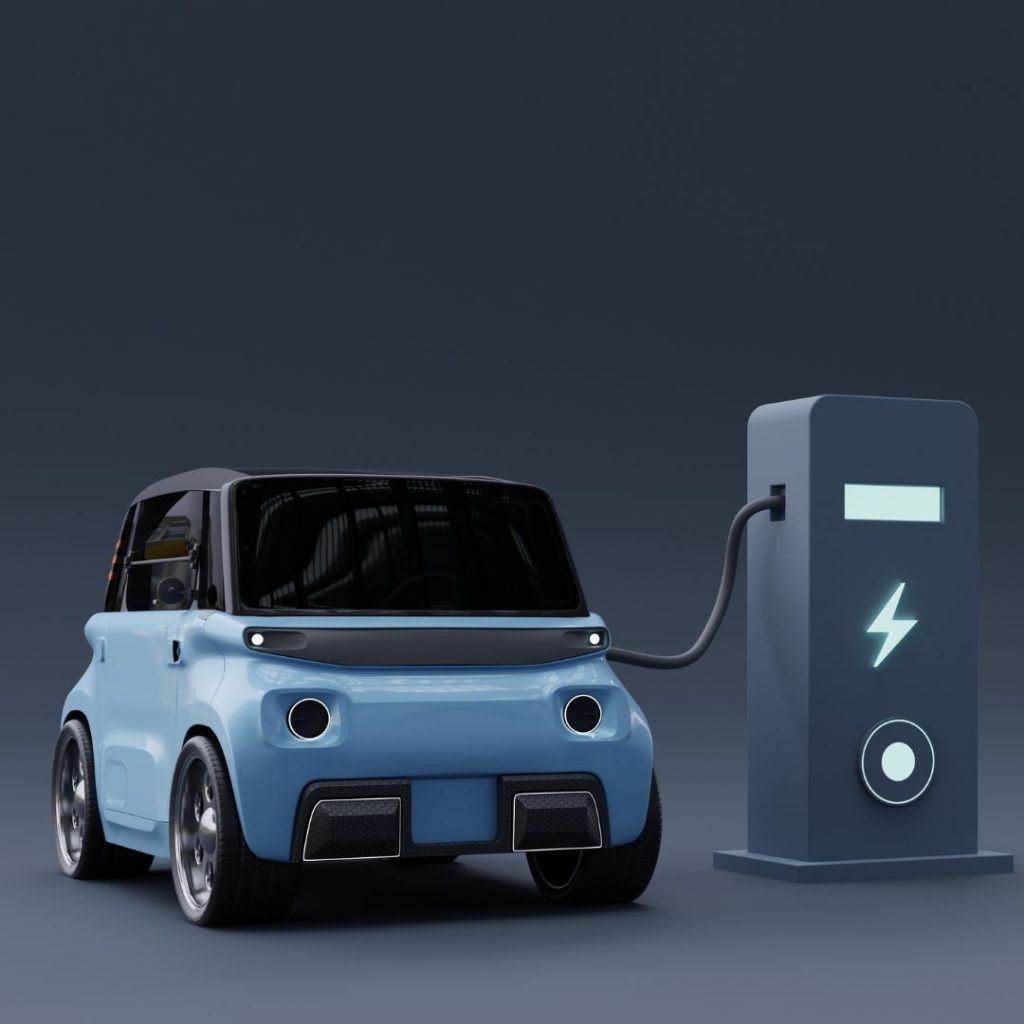Outlook for the expansion of e-mobility in 2024

How will e-mobility develop in 2024? The year 2023 brought some milestones, such as the EU-wide decision to say goodbye to conventional combustion engines. Furthermore, the number of electric cars on German roads has exceeded the one million mark for the first time (1.3 million according to statistics from the Federal Motor Transport Authority) - in Austria, 155,000 purely electric cars were on the road in December according to the Austrian Federal Association for Electric Mobility. Incentives such as purchase premiums and state subsidies such as the motor vehicle tax exemption and the German environmental bonus, as well as the Austrian e-mobility subsidy, are driving the development of e-mobility. For many people, however, electric cars are still unaffordable. This year, however, Chinese suppliers are increasingly entering the European market with cheaper models.
Electric cars 11,000 euros more expensive
If you want to buy an electric car, you have to pay an average of €11,000 more than for a combustion engine car, according to a study by management consultants Deloitte. Another disadvantage is the lack of a second-hand electric car market, as used electric cars are often more expensive than new ones due to the loss of state subsidies. As a result, many people still opt for petrol and diesel - even if they would actually switch for the sake of the climate.
Chinese suppliers are pushing into the European market
China is investing heavily in green technologies such as solar energy, e-mobility and batteries and storage. According to a report by the Finnish climate research institute Centre for Research on Energy and Clean Air (CREA), these investments are responsible for 40 percent of the increase in the authoritarian state's total economic output.
With Aiways, MG, BYD, Ora, Nio and soon also Zeekr and Xpeng, there are numerous Chinese manufacturers pushing into the European market with affordable models. In the fourth quarter, the US company Tesla had to cede its position as the leading manufacturer of electric vehicles in terms of sales figures to BYD. And traditional brands such as MG and Volvo are also in Chinese ownership. Many of these cars not only score points in terms of price, but are also more versatile, well equipped and technically up to date.
"You can have whatever opinion you like about China. The fact that cars can be used for espionage also raises fears. But the authoritarian country is clearly moving forward in one respect: thanks to high subsidies, it is finally making e-cars suitable for mass production. For example, the compact car "BYD Dolphin" is coming to Germany in 2024. Starting price: 30,990 euros," writes riffreporter.
European suppliers also launch small electric cars on the market
In Germany, the environmental bonus will be abolished in 2024, and most manufacturers want to replace it - some partially, others completely (Kia) - because they are aware that price is an important decision criterion for their customers. Furthermore, European car manufacturers have launched the first electric cars suitable for mass production, such as the small electric car e-C3 from Citroen, which is said to offer a range of 320 kilometers and starts at 23,300 euros. The VW Group also wants to bring out a "Polo of the electric age". We need vehicles like this, not just "upper class" models.
Transport bottlenecks on the way to Europe
The lack of roll-on/roll-off container ships means that Chinese suppliers cannot ship as many e-cars to Europe as quickly as they would like, giving the European car industry some time to upgrade and catch up in the small car segment. Many of these ro/ro ships were scrapped during the pandemic due to their often advanced age and are now missing. "The demand for cargo space for car transports is still greater than the supply," reports Rubin Akkermann from shipbroker Transport Overseas (TO) in Handelsblatt. "We don't expect this to level out until 2027."
The rates for charter ships have risen sevenfold. Some Chinese car manufacturers are therefore starting to have their own ships built - but that takes time. On average, Chinese e-cars cost twice as much in Europe as in China, which has to do with the enormous delivery costs.






